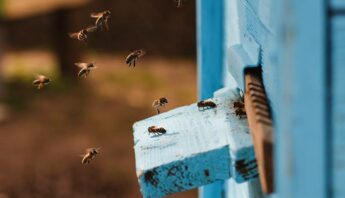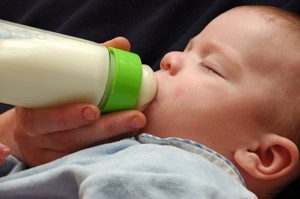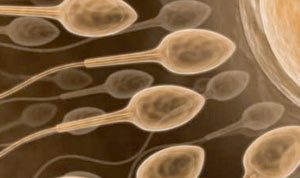How does our food production system drive our exposure to toxic chemicals? Physicians for Social Responsibility (PSR) posed this question to members of its Environmental Health Policy Institute. A cohort of very smart and engaged health professionals and scientists responded.
The resulting collection of essays is thought-provoking and compelling — absolutely worth your time to explore. I encourage you to clear your desk and your mind, get yourself a fresh cup of (maybe organic?) coffee or tea, and dive in.
Here's a small sample of what you'll find:
On a cold winter day in a Michigan supermarket I can find asparagus and mangoes from Peru, lettuce from California, tomatoes from Florida, and apples that have been in cold storage since the fall harvest. Frozen, canned, and other processed food is also abundant. Between the supermarkets scattered throughout my city are dozens of convenience stores and fast food restaurants. There is plenty to eat, much of it very cheap. But what are we really eating?
. . . Agriculture and food systems will need to be designed for local circumstances and move away from today’s heavy emphasis on chemical and fossil fuel inputs . . . Opportunities abound for cross-cutting solutions. They require political will and our commitment to the prevention of disease and disability and protection of the integrity of ecological systems on which human health depends.
– Tallying the True Cost of Industrial Agriculture, by Ted Schettler, MD, MPH, Science & Environmental Health Network, PAN Board Member
You'll also find Dr. Susan Kegley's Story of Strawberries, and a perspective from Lucia Slayre (also a PAN Board Member) on PSR San Francisco Chapter's creative programs to make food supplies in hospitals healthier. And don't miss this one: Don't Methylate My DNA or Perturb My Thyroid: An OB/GYN gets tough on pesticides, from Joanne Perron, MD, an OB/GYN who has spent a career in health care connecting the dots of environmental contaminants, cancer and reproductive harm:
I try not to be an Eeyore when I discuss these issues with those I'm trying to educate…. Mostly, I just breathe deep and acknowledge that I am a foot soldier to take this information to clinicians, policy makers, and patients, but as with many issues in public health this may be a long and arduous march.
Overall, a fascinating and worthy collection.
Thousands of scientists go public about chemical health impacts
Also out this week — a public call from a broad collection of scientific associations for "swifter and sounder" testing of chemicals and their impacts on human health, including looking beyond toxicology to the other ways chemicals can affect our bodies.
The need for swifter & sounder testing & review procedures cannot be overstated. – 40k researchers & clinicians to Science
In a letter to the journal Science, eight societies representing 40,000 researchers and clinicians in the fields of genetics, reproductive medicine, developmental biology and endocrinology urge policymakers to do a better, more thorough job of evaluating the risks of chemicals American families are exposed to every day.
"Hormones control everything — our basic metabolism, our reproduction," says Dr. Patricia Hunt of Washington State University's School of Molecular Biosciences. She outlines the scientists' concerns about the family of chemicals that interfere with human hormones: "We call them endocrine disruptors. They're like endocrine bombs to a certain extent because they can disrupt all these normal functions."
When this many scientists, doctors and other health professionals are worried — and speaking up about it — it's truly time to pay attention.








